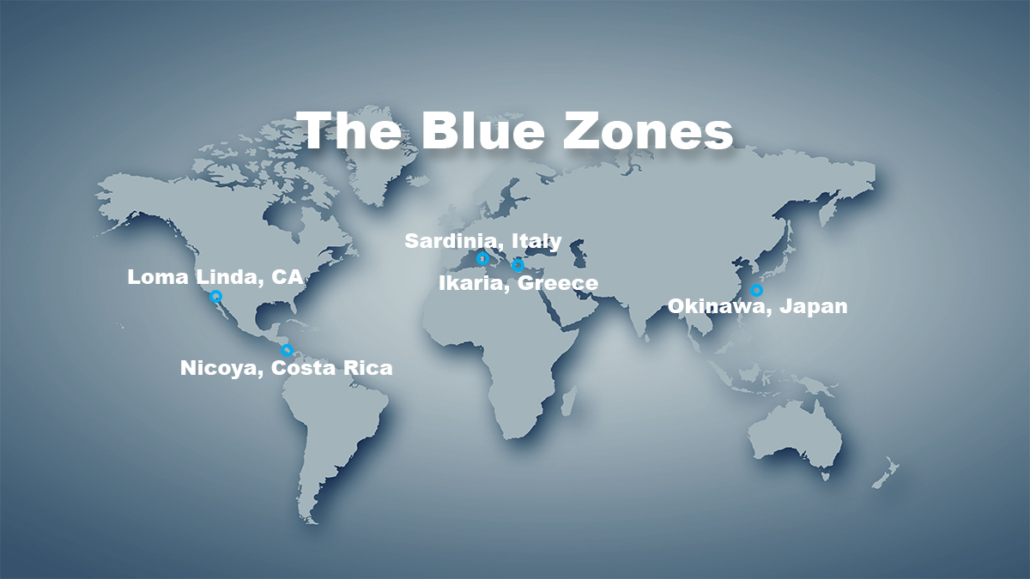12th May is ME/CFS Awareness Day. Discover the truth about Myalgic Encephalomyelitis/Chronic Fatigue Syndrome, the misunderstood illness that demands a redefinition of energy, effort, and endurance in daily life. Learn about practical energy conservation strategies and how this invisible illness is changing the way we think about wellness.
Rethinking Fatigue in ME/CFS
For millions living with Myalgic Encephalomyelitis/Chronic Fatigue Syndrome (ME/CFS), energy isn’t just something you replenish with a nap or coffee. It’s a precious, limited resource that must be carefully rationed each day.
As ME/CFS Awareness Day shines a spotlight on this complex and often invisible condition, it’s time we confront a harsh truth: energy conservation for people with ME/CFS isn’t a wellness trend. It’s survival.

What is ME/CFS?
ME/CFS is a chronic, debilitating illness characterized by profound fatigue that doesn’t improve with rest. Its core symptom is Post-Exertional Malaise (PEM) – a worsening of symptoms after even minimal physical, mental, or emotional effort.
Additional symptoms include unrefreshing sleep, cognitive dysfunction (“brain fog”), orthostatic intolerance, and widespread pain.
Although it affects an estimated 17-24 million people worldwide, ME/CFS remains one of the most misunderstood and under-researched conditions in modern medicine. Diagnosis is often delayed by years due to a lack of biomarkers and awareness.
The True Meaning of Energy Conservation
For ME/CFS patients, energy conservation is not optional. It’s a form of daily triage. Activities must be planned, paced, and prioritized with precision. This concept is often explained through the “Spoon Theory,” which helps illustrate how energy must be rationed throughout the day.

- Pacing: Instead of pushing through fatigue, individuals break activities into manageable chunks with rest in between.
- Prioritizing: Tasks are sorted by importance, often resulting in difficult choices about what must be done versus what can wait.
- Planning: Activities are scheduled to avoid consecutive high-energy demands, reducing the risk of triggering PEM.
- Positioning: Choosing body positions that require less effort (sitting vs. standing) can help conserve strength.
This approach to living goes far beyond time management; it redefines every action through the lens of energy economics.
What Energy Conservation Really Looks Like
Forget the productivity hacks or hustle culture. Energy conservation with ME/CFS might mean:
- Taking a shower in two parts, with long rests in between.
- Celebrating small victories like brushing your hair or sitting outside.
- Choosing between cooking a meal or making a phone call—but not both in the same day.
- Using mobility aids not just for movement but to reduce exertion.
- Saying “no” more often than you’d like, just to avoid a crash.
This level of self-awareness and restraint isn’t laziness; it’s adaptive resilience.
Living Beyond the Limits
Despite the challenges, the ME/CFS community demonstrates extraordinary perseverance. Online support groups, advocacy organizations, and scientific researchers are working tirelessly to improve diagnostics, treatments, and social support.
Leading organizations such as the MEAction Network (https://www.meaction.net/), Bateman Horne Center (https://batemanhornecenter.org/), Solve M.E. (https://solvecfs.org/), Open Medicine Foundation (https://www.omf.ngo/) and The American ME and CFS Society (https://ammes.org/) are at the forefront of research, patient advocacy, and awareness efforts on a global scale.
Public awareness is essential to change how society treats invisible illnesses. ME/CFS is not psychological, nor is it solved by exercise or positive thinking. It requires medical recognition, accessible care, and—most importantly—compassion.
How You Can Support ME/CFS Awareness
 Educate Yourself & Others: Share accurate information and stories about ME/CFS.
Educate Yourself & Others: Share accurate information and stories about ME/CFS.
Advocate for Research Funding: More funding is crucial for diagnostics and treatment options.
Support Energy Justice: Embrace accessibility in all forms—remote work, flexible deadlines, quiet spaces.
Believe Patients: Listen without judgment when someone explains their limits.
Final Thoughts
Energy conservation in ME/CFS isn’t a productivity tip—it’s a fundamental lifestyle shift that demands empathy, awareness, and systemic change. As we observe ME/CFS Awareness Month this May, let’s commit to understanding this condition not just in symptoms, but in the daily reality of those living with it.
“Respecting invisible limits is a radical act of self-care and societal progress.” – WiseBodhi.Com















